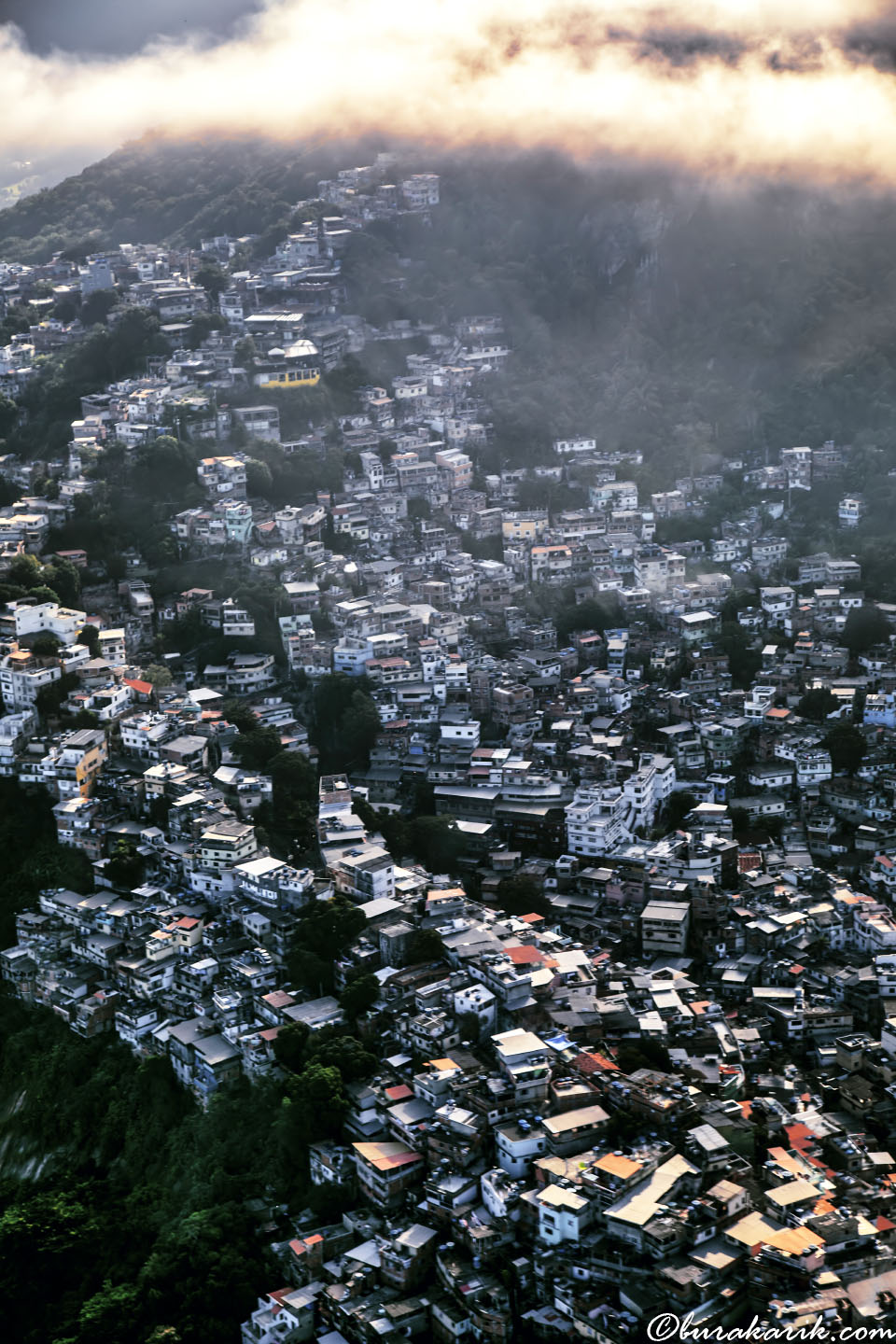Favelas are informal settlements that are commonly found in urban areas throughout Brazil. They are usually located on the outskirts of major cities and are characterized by a lack of basic infrastructure, including running water, electricity, and sewage systems. Favelas are typically home to low-income families and are known for their high levels of poverty, crime, and social inequality.
Despite their negative reputation, favelas are also known for their vibrant culture and sense of community. They are often centers of creativity, innovation, and entrepreneurship, and are home to some of Brazil's most famous artists, musicians, and athletes.
Over the years, the Brazilian government has implemented various programs aimed at improving the living conditions in favelas, including providing basic services and infrastructure, promoting education and job training, and investing in public safety. However, the process of improving conditions in favelas has been slow, and many residents still face significant challenges and inequalities.
In recent years, there has been a growing recognition of the importance of favelas in Brazilian society, and efforts are being made to promote their culture and improve their living conditions. This includes initiatives such as cultural tours, community-based tourism, and the establishment of community-led organizations aimed at promoting social and economic development.




